Calls are growing to allow food and grocery supply workers to return to work even if they are close contacts of COVID-19 cases as supermarket shelves are stripped bare.
Prime Minister Scott Morrison is working on a solution to the country's supply crisis and is set to hold further meetings today to discuss potentially changing isolation rules.
Supermarkets shelves across the country have been wiped of goods such as toilet paper and packets of aspirin and paracetamol, as a result of supply shortages and panic-buying.
READ MORE: Coles introduces new nationwide buying limits on certain products
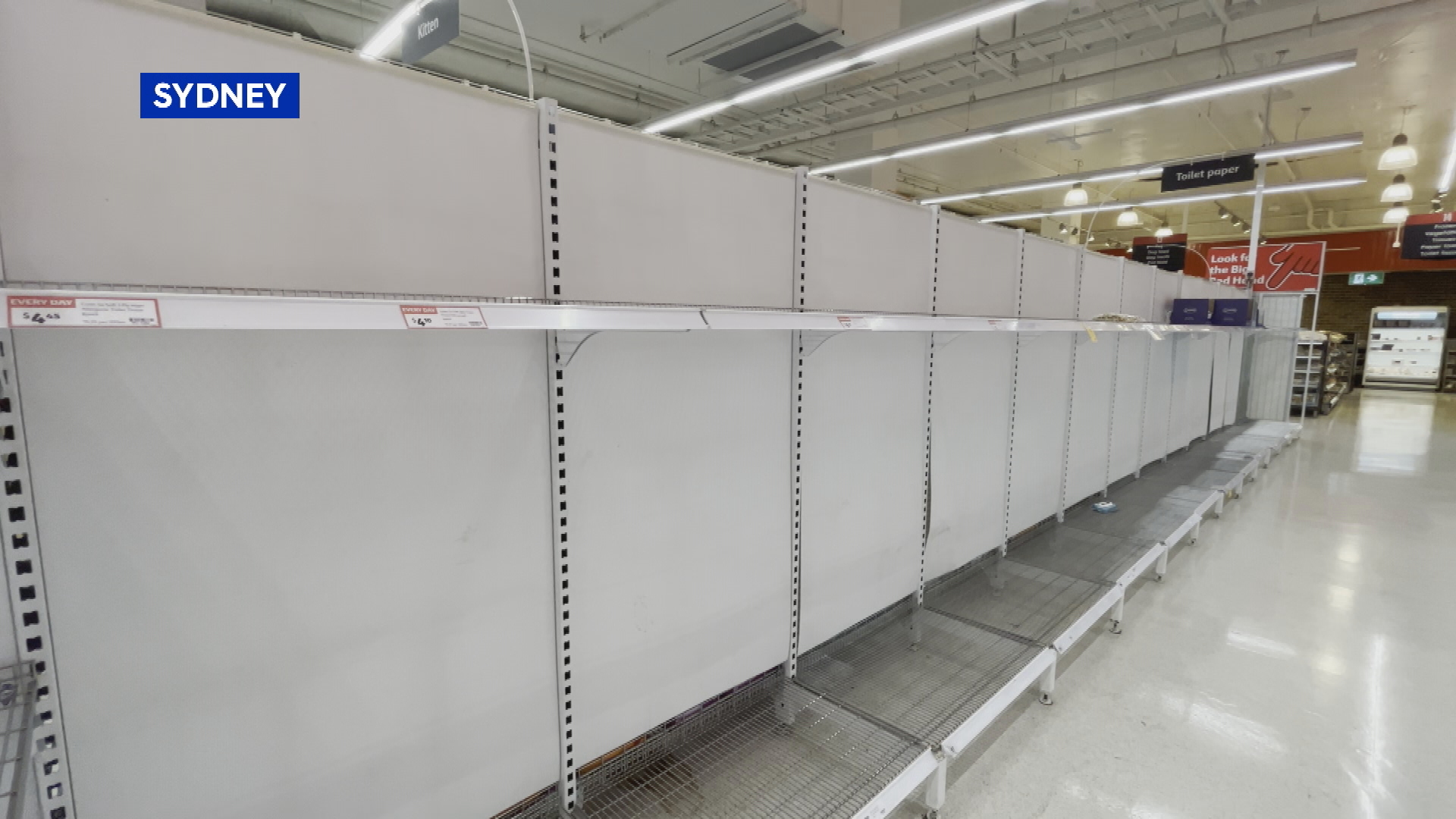
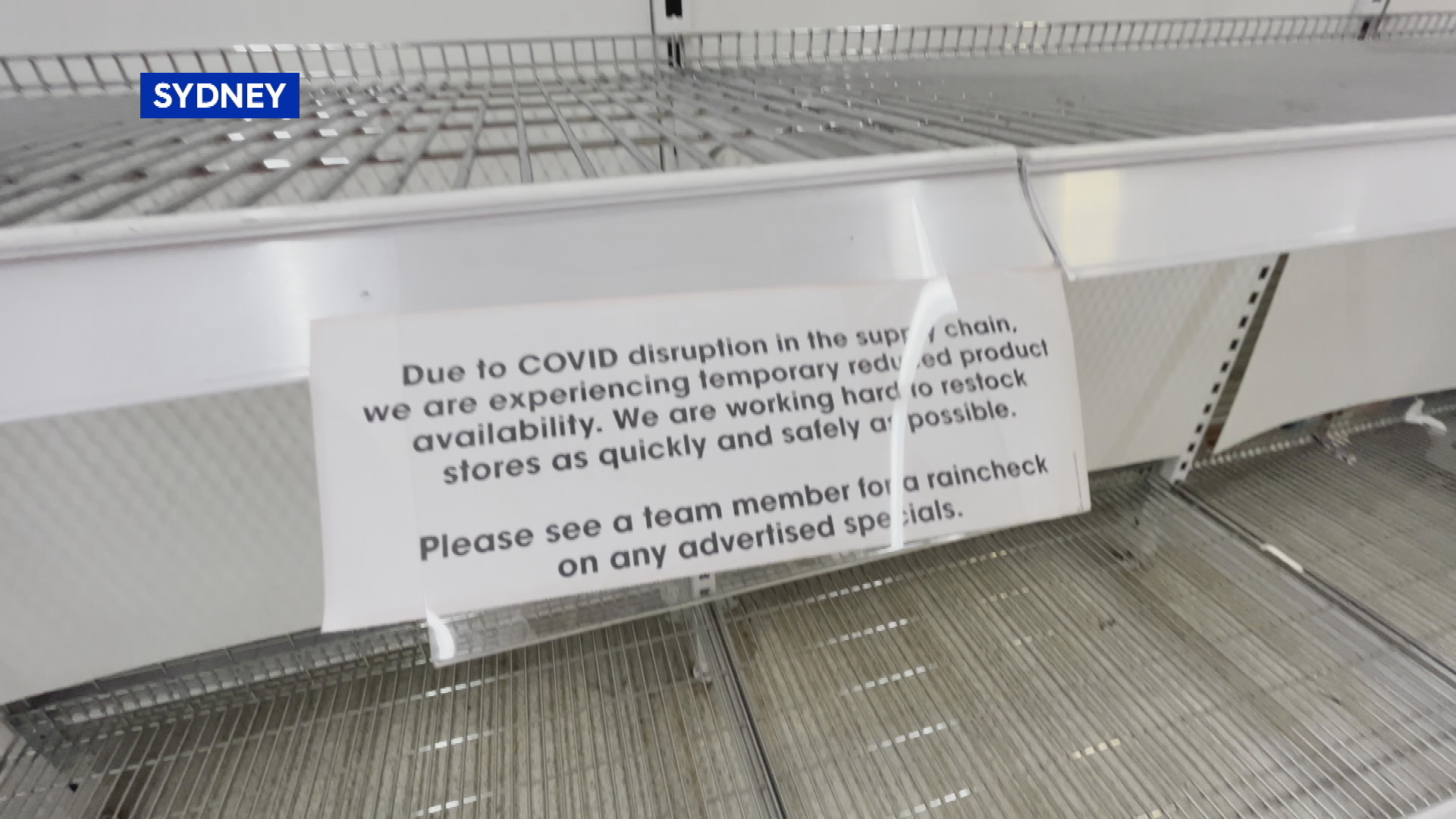
Food distribution facilities have reported more than half of their workforce are off due to either being ill with the virus or being a close contact.
Some meat processing plants have been forced to close, leading to a shortage of red meat, chicken and fish, as well as fruit and vegetables.
Independent Food Distributors Association of Australia CEO Richard Forbes told Today it was "absolutely critical" National Cabinet agreed to loosen the rules for close contacts working in the food and grocery supply industry.
"I would like to see National Cabinet and all states and territories agree to those changed close contact isolation rules," he said.
READ MORE: Deadliest COVID-19 day in NSW, with 21 deaths and 34,759 cases
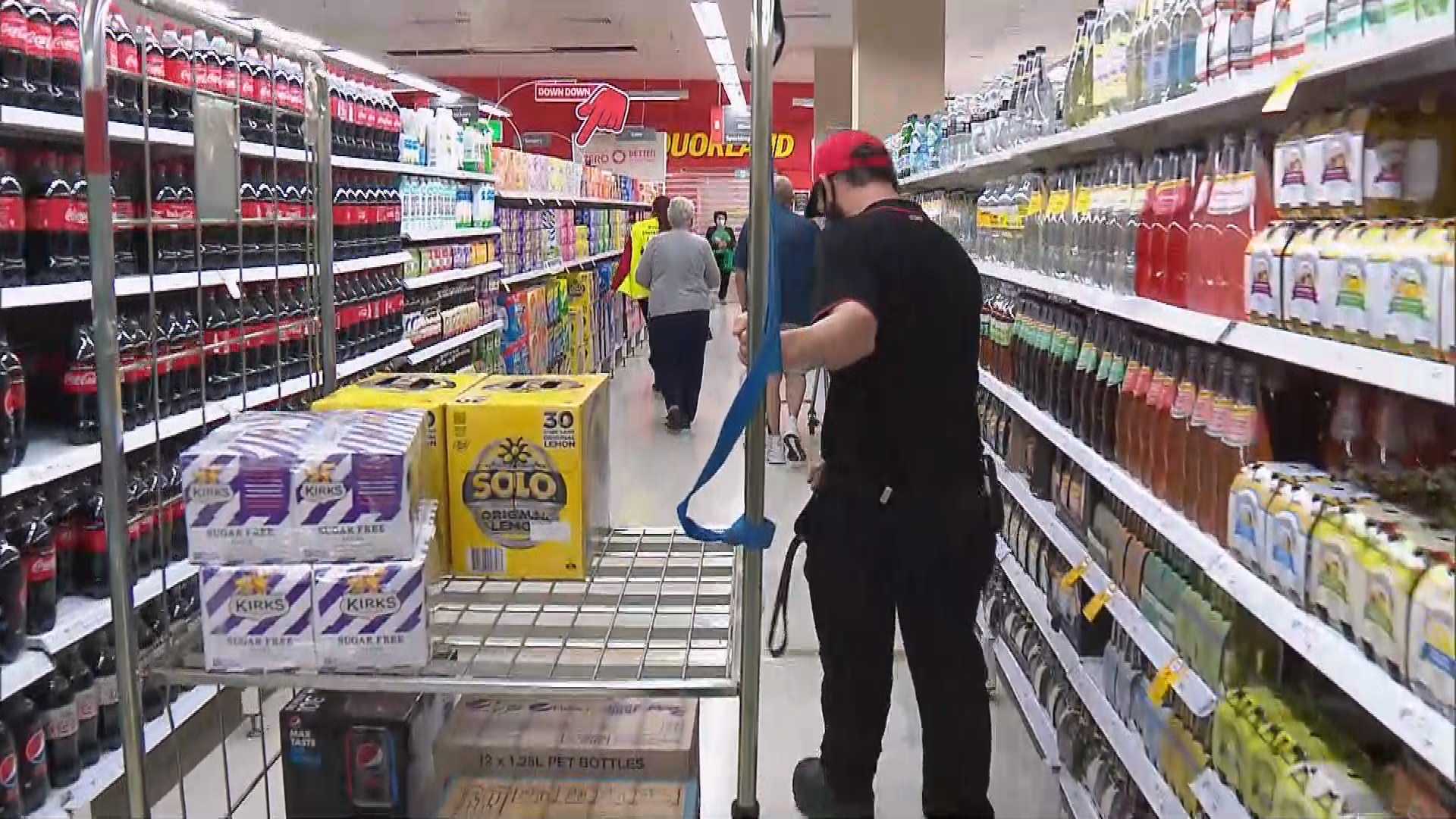
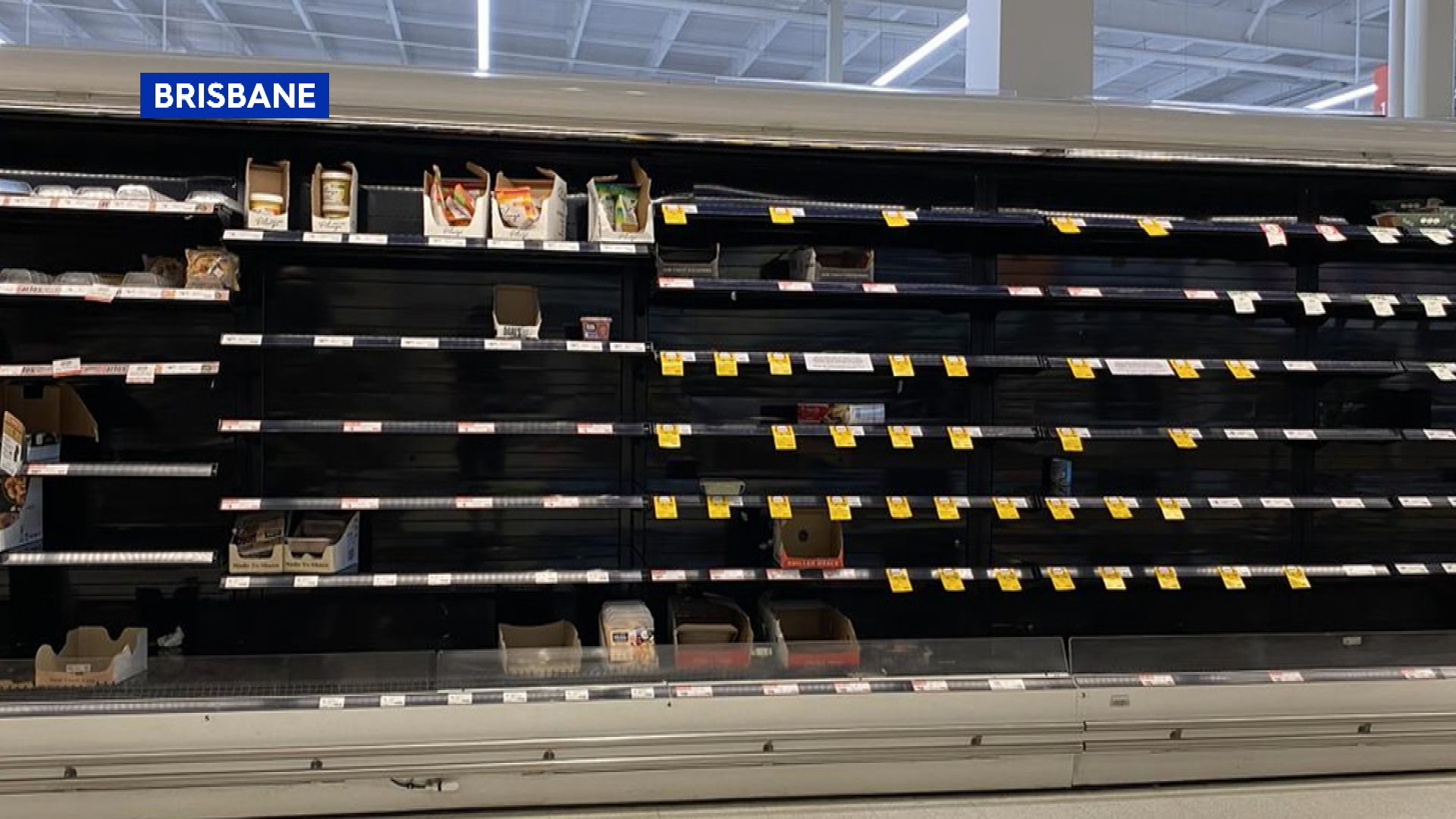
READ MORE: 'Shortages of 20 per cent': Supermarkets battling impact of Omicron
"We need to get those workers right across the supply chain - from farmers to suppliers, manufacturers, and distributors.
"We need to keep them at work because they are the ones providing food to the broad community, but also into those institutional facilities."
Earlier this week, health experts advised workers in food and grocery supply should be able to return to work even if they are a close contact, if they are asymptomatic and test negative.
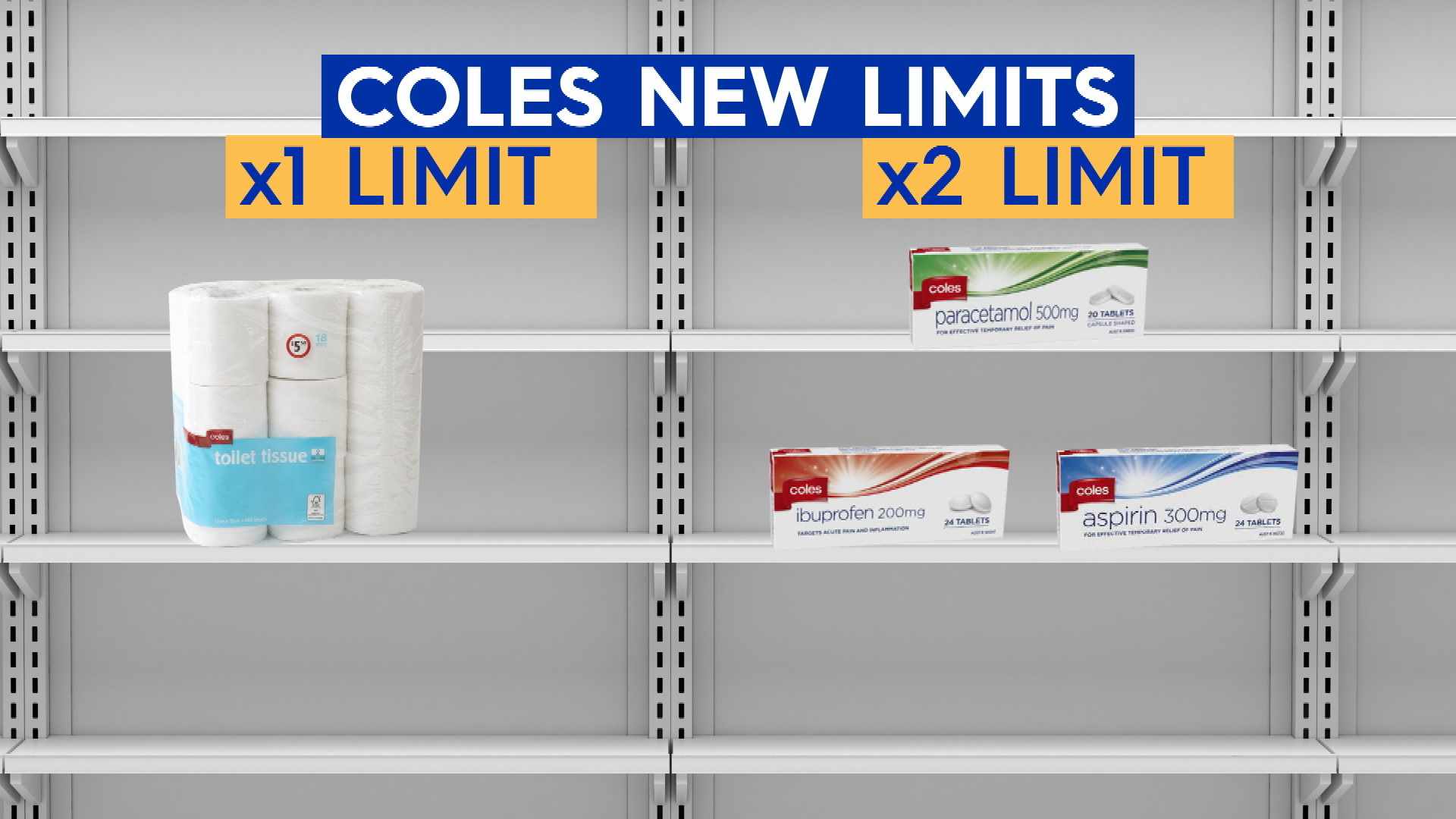
READ MORE: KFC facing in-store shortages as Omicron supply issues continue
However, the shortage of rapid antigen tests has proven problematic for thousands of essential workers in isolation.
"We've got a situation at the moment where one of our members services 50 hospitals and aged care centres - 175 of his staff out of 350 are in isolation," Mr Forbes said.
"He can't get RAT tests to get those workers back into the distribution centres to ensure that those 20 tonnes of food each week make it to those hospitals and aged care centres.
"So it's a really, really critical situation at the moment."
READ MORE: When to take a rapid antigen test and when you need a PCR test explained
